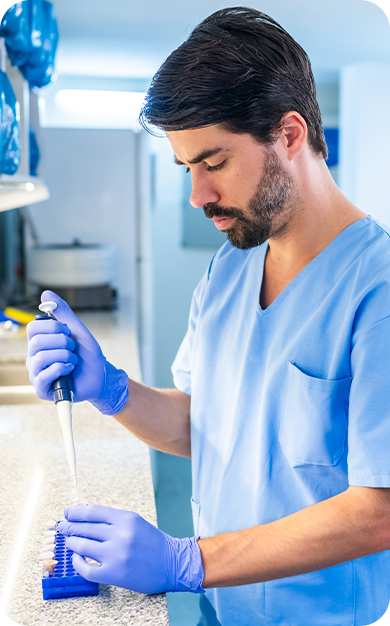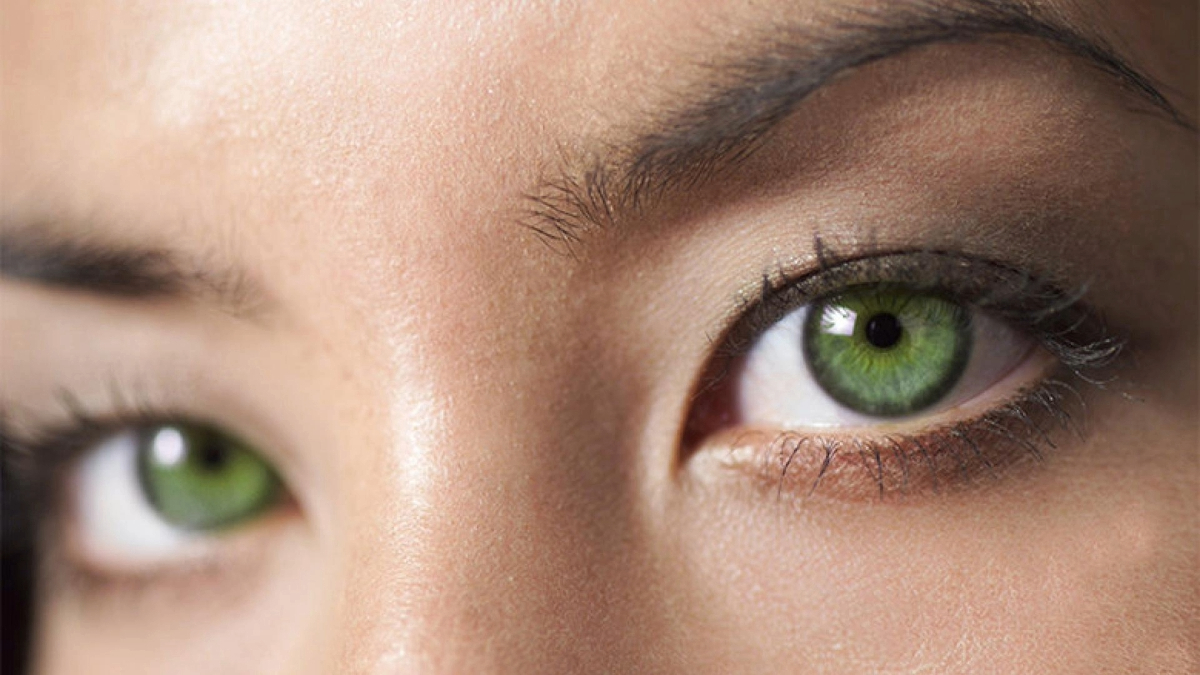Glaucoma Prevention & Risk Reduction
Currently, there is no cure for glaucoma, but early detection and treatment can slow the progression of the disease. While high eye pressure does not cause glaucoma, it is a risk factor. Learn about other risk factors for glaucoma and ways to lower your risk.

Who Is at Higher Risk of Glaucoma?
Did you know that glaucoma is a leading cause of blindness among African Americans and Hispanics in the U.S.? Those with a family history of glaucoma are at greater risk for developing glaucoma themselves.
People Over 60
People older than 60 are at a greater risk of developing glaucoma than younger people.
African American Adults
Open-angle glaucoma is three to four times more common in African Americans than in non-Hispanic whites. Glaucoma is 15 times more likely to cause blindness in African Americans between the ages of 45 and 64 than in white adults.
Hispanic Adults
Hispanic/Latino adults over age 65 also have an increased risk of open-angle glaucoma.
Nutrition & Lifestyle for Glaucoma
There is no scientific evidence suggesting that certain vitamins and minerals prevent glaucoma or delay its progress. However, there are certain foods and vitamins that can contribute to better vision health. If you’re at risk of developing glaucoma, physicians recommend a healthy lifestyle that includes regular exercise and a nutritious diet to improve your overall physical and mental well-being. Those at high risk for glaucoma should also have a dilated pupil eye examination at least every one to two years.
Healthy Lifestyle Actions You Can Take Right Now
- Get a comprehensive eye exam.
- Eat a nutritious, vitamin-rich diet.
- Exercise regularly and maintain a healthy weight.
More Ways to Reduce Glaucoma Risk

Confused by the Medical Lingo?
Were you or a loved one recently diagnosed with glaucoma but feel lost when trying to decipher the diagnosis given by your physician? Use our disease glossary to learn more about the terms you’ve been hearing.
Support Vision-Saving Research
More than 4 million Americans are living with glaucoma. Your gift can help fund research that could protect their sight and provide vital information to the public.





